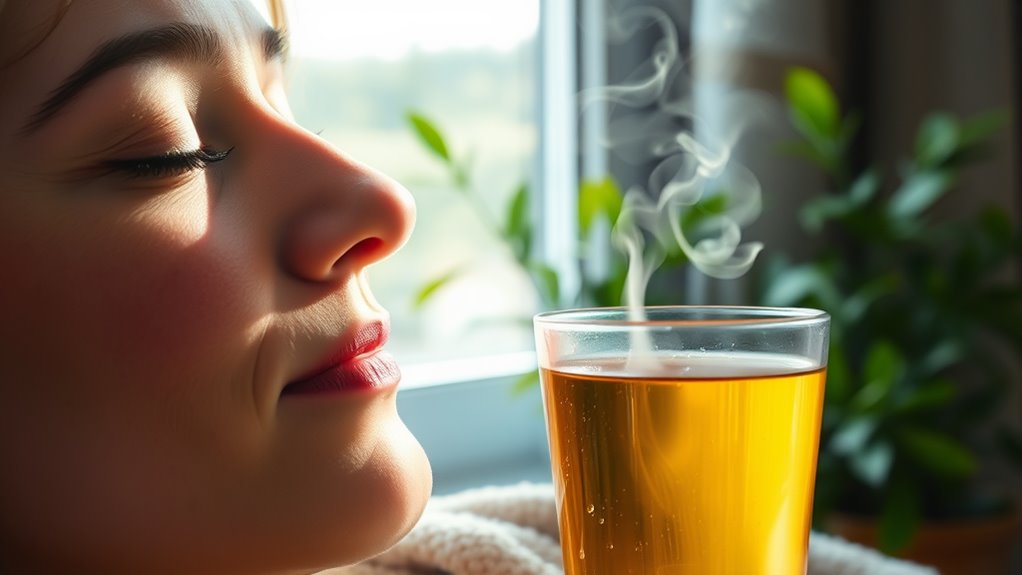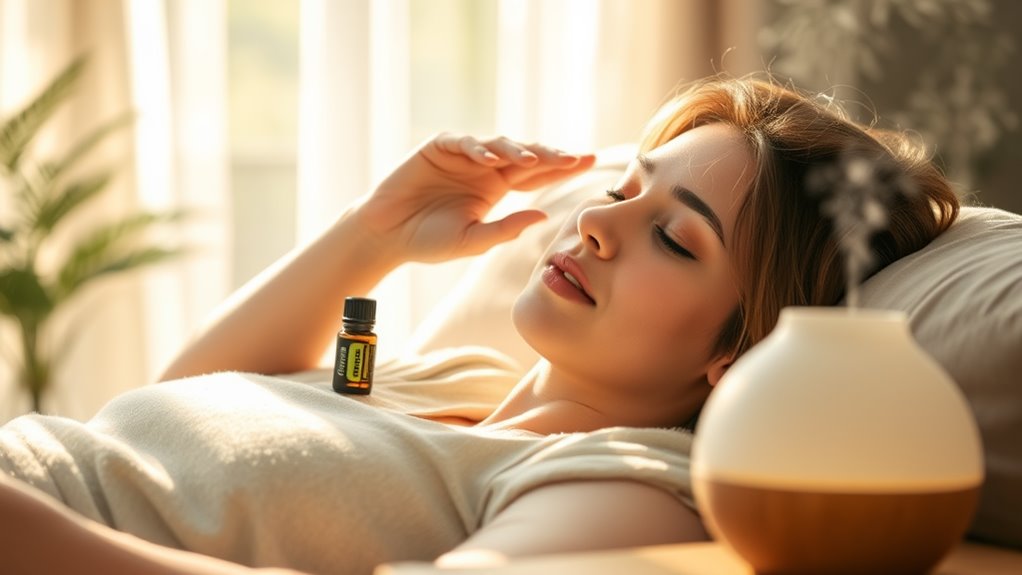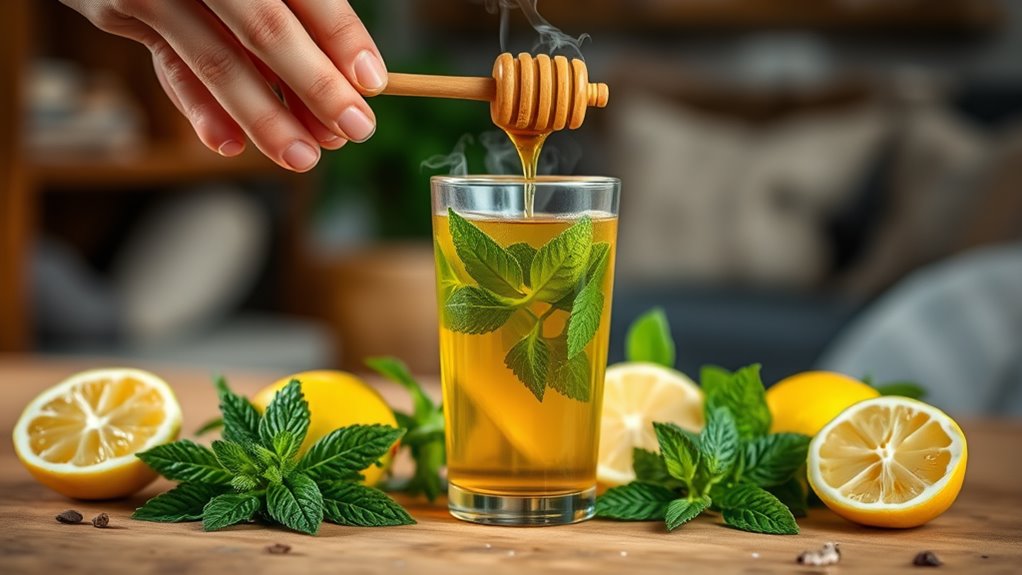Migraine and Headache Relief Without Medication
You can find relief from migraines and headaches without medication by making some simple lifestyle changes. Stay hydrated, manage stress, and eat a balanced diet rich in omega-3s while avoiding common triggers like processed foods. Incorporating mindfulness techniques and regular sleep can also help reduce the frequency and intensity of headaches. By making these adjustments, you might experience fewer migraines. Explore more strategies to enhance your well-being and manage headaches effectively.
Understanding Migraines and Headaches
When you experience a headache, it can feel like a minor inconvenience, but understanding the nuances between migraines and headaches is crucial for effective relief.
A migraine headache often includes severe pain, nausea, or light sensitivity, while a regular headache is typically less intense.
Exploring migraine headache natural relief options like hydration, diet adjustments, and relaxation techniques can significantly enhance your comfort and well-being. Incorporating breathing exercises into your routine can also help reduce tension and potentially minimize the frequency of migraines.
Lifestyle Changes for Migraine Prevention
Adopting specific lifestyle changes can make a significant difference in preventing migraines. Consider these strategies:
| Change | Benefit | Tips |
|---|---|---|
| Regular Sleep | Stabilizes mood & rhythms | Stick to a sleep schedule |
| Hydration | Reduces triggers | Drink plenty of water daily |
| Stress Management | Lowers tension | Practice relaxation techniques |
Implement these changes, and you might notice fewer migraine occurrences. Additionally, staying properly hydrated can help prevent headaches caused by dehydration which is a common trigger.
Dietary Adjustments to Alleviate Symptoms
Making dietary adjustments can significantly alleviate migraine symptoms for many individuals.
Try incorporating foods rich in omega-3 fatty acids, like salmon and walnuts, and aim for balanced meals with whole grains, fruits, and vegetables.
Avoid triggers like processed foods, aged cheeses, and alcohol.
Keeping a food diary can help identify specific culprits, allowing you to create a personalized eating plan that suits you best.
Importance of Hydration
While dietary adjustments can play a key role in relieving migraine symptoms, staying properly hydrated is another significant factor to consider. Hydration helps maintain brain function and can reduce the frequency of headaches. Additionally, incorporating immune-boosting foods into your diet can enhance overall health and provide added resilience against stressors that may trigger migraines.
To stay hydrated effectively, remember to:
- Drink water regularly throughout the day.
- Eat water-rich foods like fruits and vegetables.
- Limit dehydrating beverages such as caffeine and alcohol.
Holistic Practices for Relief
Holistic practices can significantly enhance your approach to migraine relief, providing natural and effective strategies to alleviate discomfort. Techniques like mindfulness meditation, essential oil aromatherapy, and acupuncture can help reduce stress and promote relaxation. Incorporating deep breathing exercises into your daily routine may also offer immediate benefits. Regular sleep patterns significantly contribute to reducing migraine risk.
Exercise and Physical Activity Benefits
Incorporating regular exercise into your routine can significantly improve migraine management.
Here are three benefits you might experience:
-
Reduced Frequency: Regular physical activity can lower the number of migraine attacks.
-
Improved Mood: Exercise releases endorphins, boosting your mental well-being.
-
Enhanced Sleep: Consistent activity helps regulate your sleep patterns, providing better rest.
Start today, and you could notice a difference in your migraine symptoms!
Mindfulness and Stress Reduction Techniques
How do you manage the stress that often triggers migraines?
Practicing mindfulness can be a powerful tool. Techniques like meditation, deep breathing, and progressive muscle relaxation help you stay present and reduce anxiety. Adding essential oils, such as peppermint and lavender, into your mindfulness routine can further enhance relaxation and alleviate headache symptoms. Schedule short sessions throughout your day to focus on your breath, allowing your mind to rest. Incorporating these practices into your routine can lead to lasting stress relief and fewer headaches.




